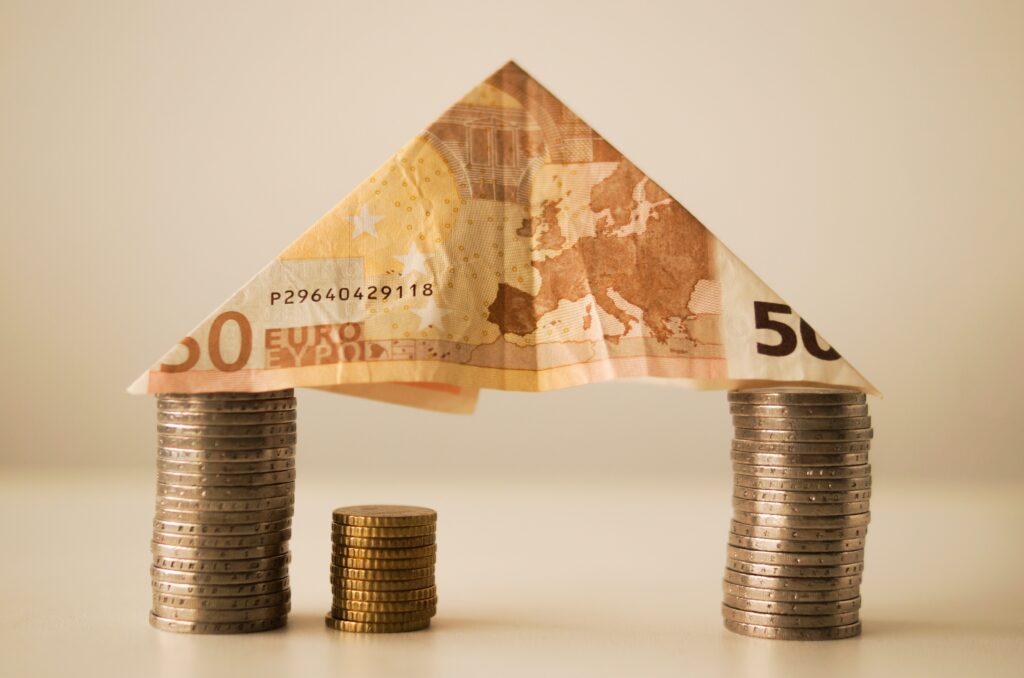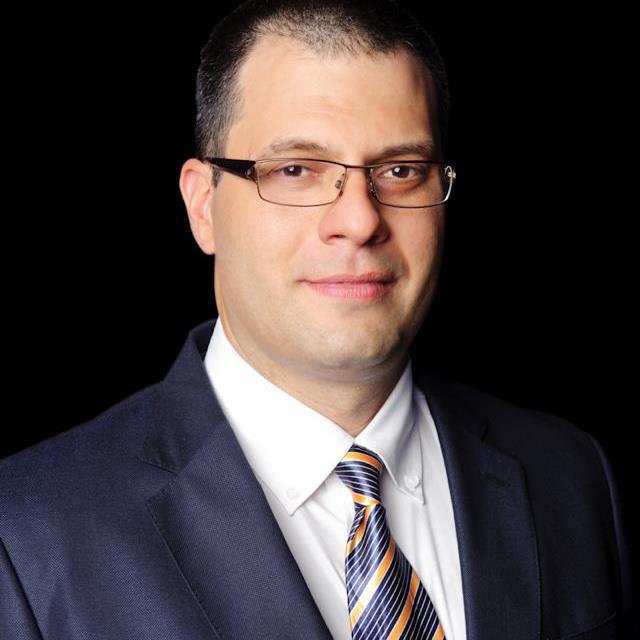 If you or someone you care about are among the millions of Americans who have recently been furloughed (usually a temporary work interruption), laid off (dismissed permanently), or lost a contract job that provided all of your income, be encouraged. There can actually be an upside to this season of unemployment. The key is to be proactive by following these five steps:
If you or someone you care about are among the millions of Americans who have recently been furloughed (usually a temporary work interruption), laid off (dismissed permanently), or lost a contract job that provided all of your income, be encouraged. There can actually be an upside to this season of unemployment. The key is to be proactive by following these five steps:
Step #1: Collect the maximum benefits.
Immediately file for Federal and State Unemployment Benefits. In some cases, you may qualify for federal and state benefits for up to 10 ½ months with an additional weekly stipend of $600. Hopefully, this removes a significant portion of your financial stress and provides a more than sufficient runway to get your career relaunched.
Step #2: Learn something deep about yourself.
More than 50% of Americans report they are unhappy, unfulfilled or frustrated in their work. Did you fall into that category? If so, this is an opportunity to do something about it. Before you reach for your next job, pause to learn something very insightful about yourself. I am not talking about free personality tests, but rather an analysis of your God-given design.
A young man recently sought my advice about his job frustration. He had encountered a number of warnings from his boss after making repeated mistakes doing carpentry. Tears welled up in his eyes as he felt an overwhelming sense of failure. As I probed, I learned he fought daily boredom because he did not like carpentry work. We discovered he had been reluctant to try something he was much better at: commercial photography. Today, he has transitioned to a job as a corporate photographer that supports a fast-growing online business. His frustration led him to let go of security and move towards fulfillment.
What types of things occupy your free time? What brings you the most joy? What do you do that requires zero motivation? Answers to these questions, combined with conversations with those who love you and possibly some diagnostic tools will reveal what you are capable of doing better than most other people. Crown developed a remarkable assessment called Career Direct, which was created to help you discover your unique design. Once you discover this, resolve to seek work that fits you, not just work that pays the bills. You will likely be more successful in your next job.
Step #3: Move to where the market is going.
As the economy recovers, some industries may not recover or will experience radical changes in how they conduct business. Read, study, research and look out ahead. Then, prepare yourself to add value to the sectors or companies that will be growing after the crisis is over. Here is a list of industries that are currently hiring to meet increased demand caused by the pandemic.
Step #4: Invest in your future now.
Unemployment brings a temptation to pull back and fall into bad attitudes or time management habits. It is unlikely that binge-watching Netflix will lead you to your next job. But on-line courses, skill training, research, networking and preparation will. Imagine you want to be a professional athlete and your team cuts you. You have to stay in shape and continue striving to get better and be ready to show the next team your improved skills. The best investment you can make is in your gifts, talents and professional skills.
Step #5: Get in circulation again.
Your odds of getting hired improve as people you know provide leads, recommendations and introductions. Personal relationships are the key when jobs are scarce. Be very active within your network of friends, neighbors, church, professional groups or volunteer roles to multiply the awareness that others have of you, your needs and your dreams. Even while ‘sheltered in,’ you can network using online tools like social media, WhatsApp, Zoom, etc.
I once coached an unemployed person to stop telling people that “she was looking for a job.” I advised her to explain to those in her network: 1) that she had lost her job, 2) to avoid complaining or giving detailed explanations 3) that she had a dream for what she wanted to do and 4) practical ways they could help her. It would sound something like this: “Unfortunately, I was a part of the mass layoff at our factory during the crisis. I miss my company and the people I worked with, but I have a new dream. I am aspiring to work in the insurance industry as a claims adjuster. You could help me by introducing me to people who make those hiring decisions at the firms in my current city or the states where my family and I are willing to relocate.”
By acting upon these steps, you put yourself in a position to gain more than what you have lost. Years ago, I was laid off from a great job when the oil and gas prices dropped dramatically. It did not feel good and my family was vulnerable. I followed these steps which led me to change industries, land on my feet, and operate within my God-given design. Don’t miss this opportunity.
Originally published by the Christian Post, May 1, 2020.








Learn the 12 Secrets to True Wealth!
Chuck Bentley (CEO of Crown Financial Ministries) Shares timeless biblical wisdom regarding finances.